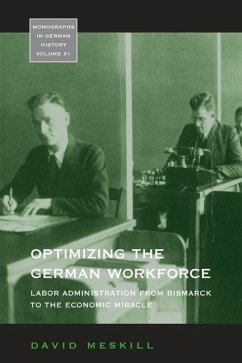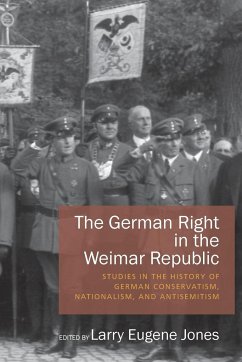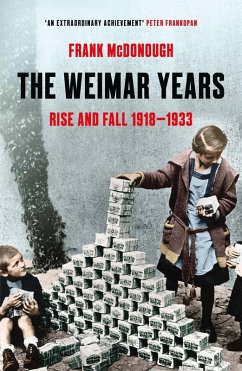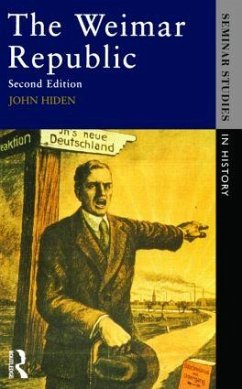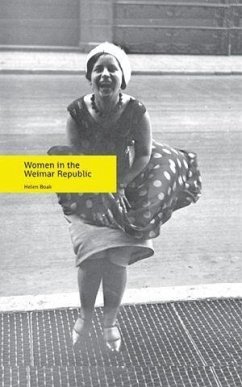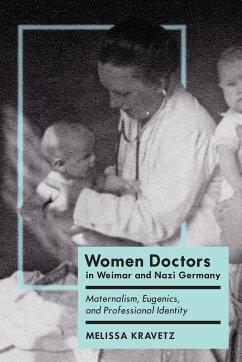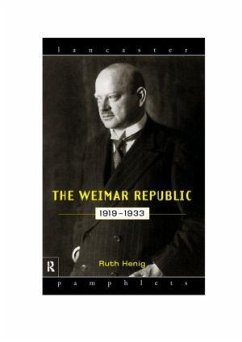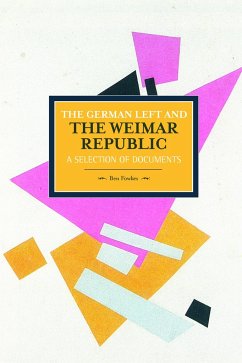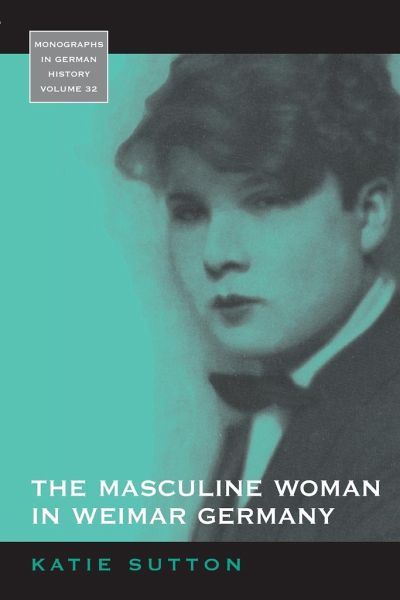
The Masculine Woman in Weimar Germany

PAYBACK Punkte
19 °P sammeln!
Throughout the Weimar period the so-called "masculinization of woman" was much more than merely an outsider or subcultural phenomenon; it was central to representations of the changing female ideal, and fed into wider debates concerning the health and fertility of the German "race" following the rupture of war.




